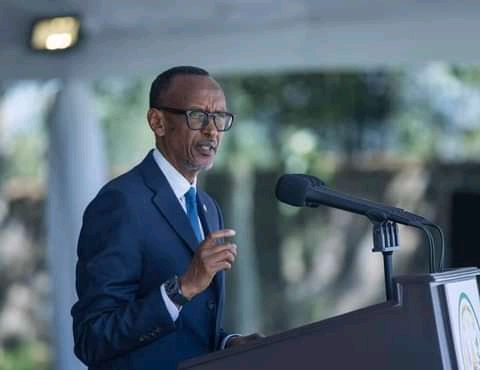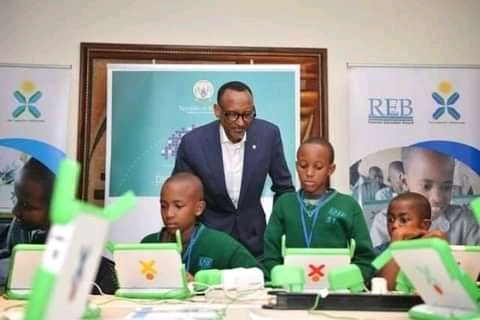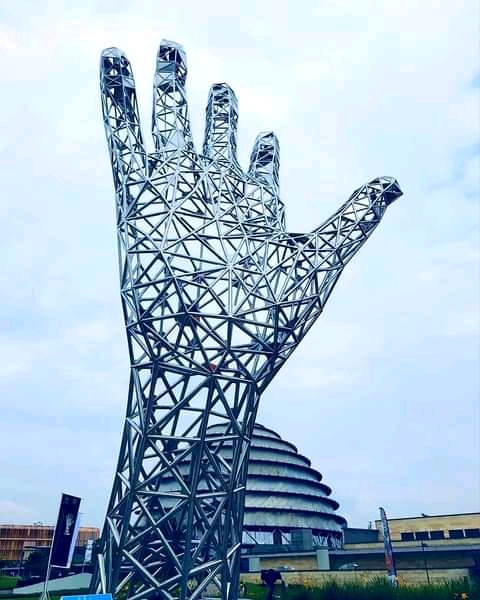By: Ollus Ndomu
Rwanda is a relatively small landlocked and hilly country in east Africa. Located South of the Equator and east of Lake Kivu, the country is looked through the prism of the 1994 tribal genocide which killed about 800,000 men, women including children and left behind a trail of mistrust, social fragmentation and division.

Two decades and seven years after a hundred apocalyptic days bloodbath, a whole new Rwanda has emerged under the leadership of Paul Kagame, a no nosense former guerrilla commander revered not only for ending the bloodshed but also reuniting the country.
Recounting Kagame’s contributions to Rwanda’s rise from ashes, expat Kigali business man says, “I’m not sure Rwanda would exist if not for him right now.”
Rwanda is a success story; a phoenix affording international tourists a version of Africa that is both user-friendly and authentic.
Kagame, a bookish looking man without any obvious charisma has successfully buried all post genocide traumatic disorders in the countrywide infrastructure, technical, educational and social development. Kagame’s Rwanda’s is a new face of Africa free from the potholes that curse much of the continent with world-class road network, infrastructure and technology.

The hills surrouded capital, Kigali has nurtured a reputation of being the safest city in Africa with high air traffic caused by uninterrupted flights bringing in tourists from across the world.
Kigali, a home of about 12 million people is the continent’s fastest growing city housing the newly commissioned Africa’s largest gold refinery plant, Voxy Wagon factory and mobile phones manufacturing plant.
Though internationally criticized for separating development from western defined democracy, the 21 year-old Kagame government has trebled primary school attendance, halved child mortality including achieving the highest proportion of female parliamentarians in the whole wide world.
The country also boasts for its fastest growing One Laptop Per Child project on the continent which has doubled computer literacy in addition to boosting local technical inventions.

Rwanda is an example that Africa is capable of home grown solutions to its security, leadership and economic problems including use of natural resources for public good.


